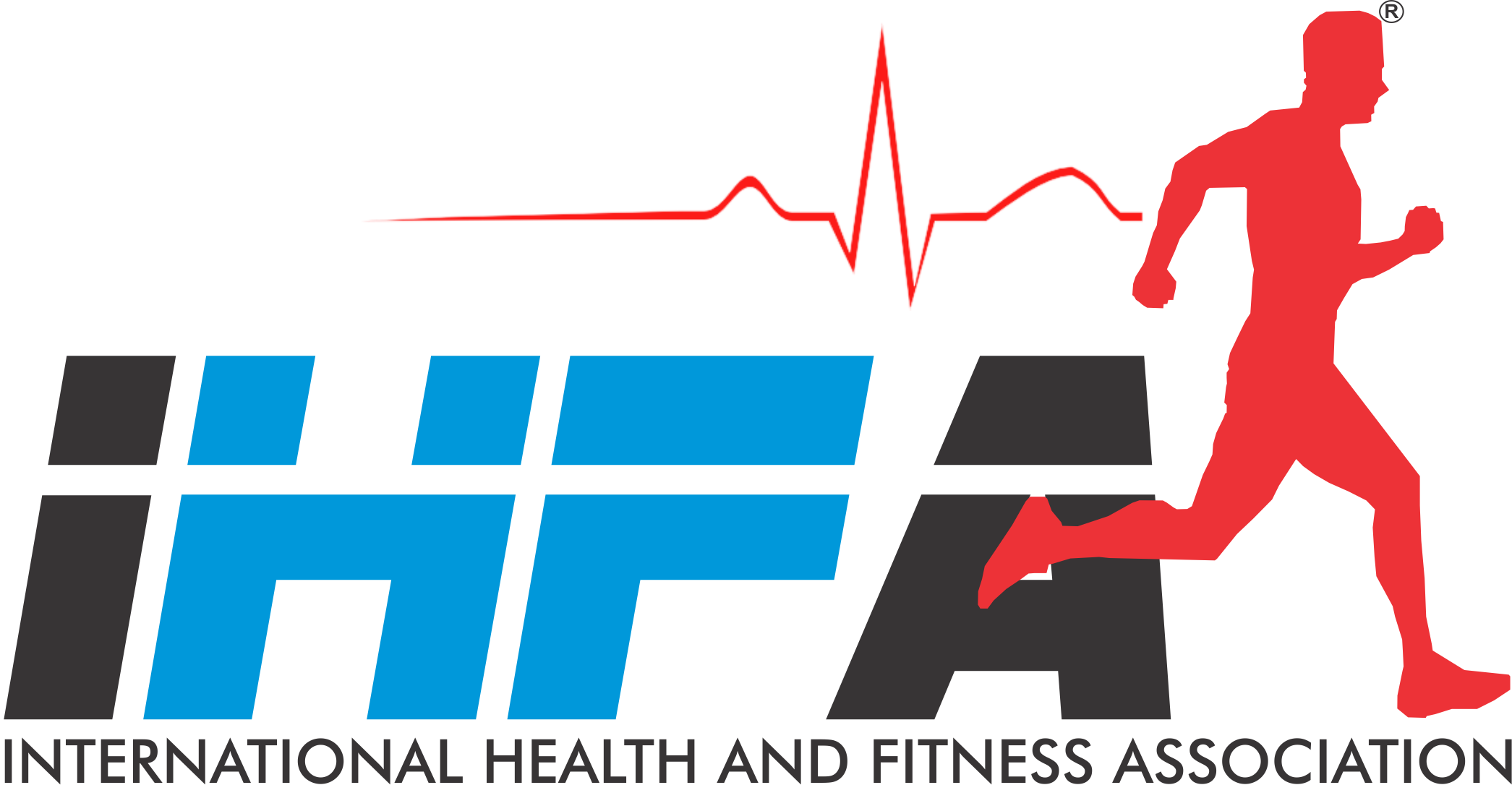
Certified Pelvic Floor Rehab Specialist (CPFRS)
The Certified Pelvic Floor Rehab Specialist (CPFRS) program is designed for healthcare and fitness professionals seeking expertise in pelvic floor dysfunction assessment, rehabilitation, and exercise therapy. This course covers evidence-based strategies to manage conditions such as incontinence, pelvic pain, and postpartum recovery.
Day 1: Overviews, Assessment
- Introduction & Philosophy: “Woman's Pelvis Size & Shape can Be Transformed 'On Demand”
- Anatomy and Biomechanics of the Pelvis
- Anatomy of Pelvic Floor Muscles / Physiology of Pelvic Organs
- Identify the Muscle Layers and Specific Muscles of the Pelvic Floor
- Chronic Pelvic Pain Mechanism
- Pelvic Floor Muscle Functions & The Role in Respiration
- Practical Mapping of External and Internal Pelvic Floor Complex
- Vaginal Palpation & Biofeedback (Theory & Application)
- Practical Anatomy, Examination, Palpation, and Manual Therapy Release Techniques
- Connective Tissue Dysfunction & Pudendal Neuralgia in Chronic Pelvic Pain
11. Outcome Measure Tools for:
· Urinary Incontinence
· Pelvic Organ Prolapse
· Pelvic Pain
· Pelvic Floor/Internal (TV-TR) & External Assessments
· Tools: TV-RV Probes, Wand, Dilators, V Cones, EPI-NO
12. Soft Tissue Manipulation Approaches for Chronic Pelvic Pain (Internal & External)
13. Evidence-Based Dry Needling for Pelvic Floor Muscles
· Dry Needling for PFM Dysfunction
· Pelvic Floor Neural Needling
· Trigger Point Therapy
14. Current Evidence-Based Practice in Electrotherapy for PFM:
· Biofeedback Pelvic Training, Vaginal Probe
· EMG, HIMEF, EMS, TUS, TENS, IFT
15. Developing Evidence-Based Treatment Plans & Clinical Goals for Female Pelvic Floor Dysfunctions
16. Nutrition in Chronic Pelvic Pain
What You learn :
-
Introduction & Physiology: Understanding how a woman’s pelvis size and shape can transform.
-
Anatomy & Biomechanics: Detailed study of pelvic floor muscles and organ physiology.
-
Muscle Identification: Learn to identify layers and specific muscles of the pelvic floor.
-
Chronic Pelvic Pain Mechanism: Insights into pain pathways.
-
Pelvic Floor Functions: Explore the role of pelvic muscles in respiration and stability.
-
Practical Mapping: External and internal pelvic floor assessment.
-
Vaginal Palpation & Biofeedback: Techniques and applications.
-
Manual Therapy: Hands-on anatomy, examination, palpation, and release techniques.
-
Connective Tissue Dysfunction: Focus on pudendal neuralgia and chronic pelvic pain.
-
Assessment Tools: For urinary incontinence, pelvic organ prolapse, and pelvic pain — including TV-TR, TV-RV probes, and other specialized tools.
-
Soft Tissue Manipulation: Internal and external approaches for pain relief.
-
Dry Needling: Evidence-based techniques for pelvic floor dysfunction and trigger points.
-
Electrotherapy Techniques: Biofeedback, EMG, HIMEF, EMS, TUS, TENS, IFT.
-
Evidence-Based Treatment Planning: Develop progressive, results-driven clinical goals.
-
Nutrition Guidance: Managing chronic pelvic pain with tailored nutritional advice.
- - Identify common pelvic floor disorders and dysfunctions
- - Learn assessment techniques for pelvic health conditions.
- - Design safe and effective rehabilitation programs.
- - Integrate pelvic floor exercises into physiotherapy and fitness training.
Understanding Pelvic Anatomy and Physiology: Identify and describe the anatomy and function of the pelvic floor muscles, including their role in continence and support.
Assessment Techniques: Learn and practice various assessment techniques for evaluating pelvic floor function, including digital rectal examination, internal and external palpation, and biofeedback.
Patient Evaluation: Develop skills in taking a comprehensive patient history related to pelvic health. Perform a thorough physical examination to assess pelvic floor function and dysfunction.
Diagnosis and Differential Diagnosis:
- Understand how to diagnose common pelvic floor conditions such as pelvic organ prolapse, urinary incontinence, and pelvic pain.
- Distinguish between different types of pelvic floor dysfunction and related musculoskeletal issues.
Treatment Modalities: Learn about a range of treatment modalities for pelvic floor rehabilitation, including pelvic floor exercises, manual therapy, biofeedback, electrical stimulation, and behavioral strategies.
Exercise Prescription: Develop the ability to design and prescribe individualized pelvic floor exercise programs for patients based on their specific needs and conditions.
Patient Education: Educate patients about pelvic floor health, hygiene, and lifestyle modifications. Provide guidance on proper toileting habits and nutrition.
Cultural Competence and Communication: - Recognize the importance of cultural competence in providing care to diverse patient populations with pelvic floor issues.
- Enhance communication skills to discuss sensitive topics with patients in a compassionate and non-judgmental manner.
Evidence-Based Practice: Stay updated on current research and evidence-based practices in the field of pelvic floor rehabilitation.
Ethical Considerations: Understand and adhere to ethical standards when treating patients with pelvic floor issues, including patient confidentiality and informed consent.
Interdisciplinary Collaboration: Recognize the value of working in a multidisciplinary team when managing complex cases involving the pelvic floor.
Professional Development: Commit to ongoing professional development and continuing education in the field of pelvic floor rehabilitation.
Credit Points: 1.6 IHFA-UK Credits | Credit Hours 16
New Delhi - July 19th-20th 2025
Timings: 9:00 AM to 6:00 PM
Venue: Hotel Metro View , Karol Bagh, New Delhi
Dr. Shagufta Parveen is a highly qualified and experienced physiotherapist specializing in Obstetrics and Gynaecological Physiotherapy, with a focused expertise in Pelvic Floor Rehabilitation. She holds a Master’s degree in Physiotherapy (MPT) in Obstetrics & Gynaecology and has extensive clinical experience in treating a wide range of women’s health conditions including:
- Pelvic floor dysfunction
- Urinary incontinence
- Pelvic organ prolapse
- Pre-natal and post-natal care
- Diastasis recti management
- Chronic pelvic pain
- Post-surgical pelvic rehab
Dr. Shagufta is known for her evidence-based approach, patient-centric care, and skilled delivery of hands-on techniques. Her workshops are structured to blend clinical theory with practical demonstrations, enabling healthcare professionals to build competence and confidence in pelvic health management.
She is a certified speaker and trainer in the field and continues to contribute to professional development programs aimed at empowering physiotherapists and healthcare providers across India.
Course Fee (India) INR 8600 ( Included advanced booking fee INR 2600 , Fooding charges, Study Material, CPD approved IHFA Certification
payment link for booking amount INR 2600 (India) https://razorpay.me/@ihfapay
Once your payment done please fillout google form CLICK HERE









